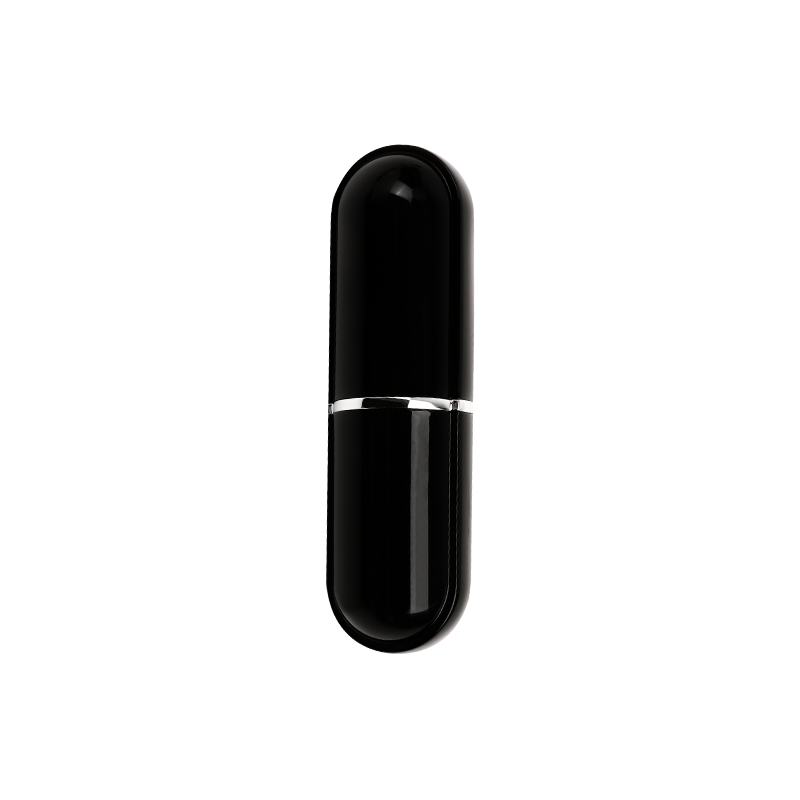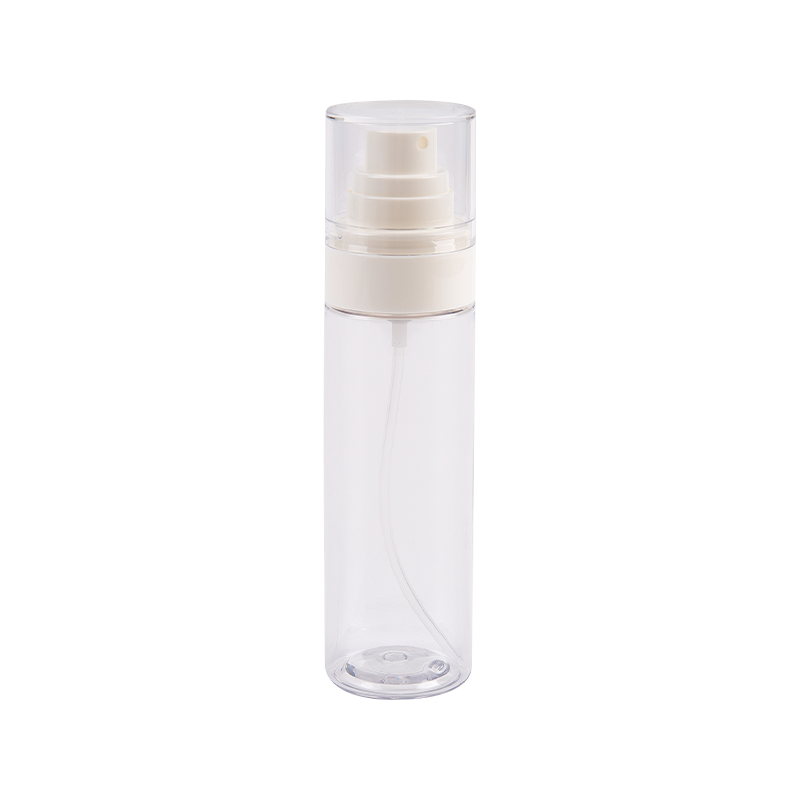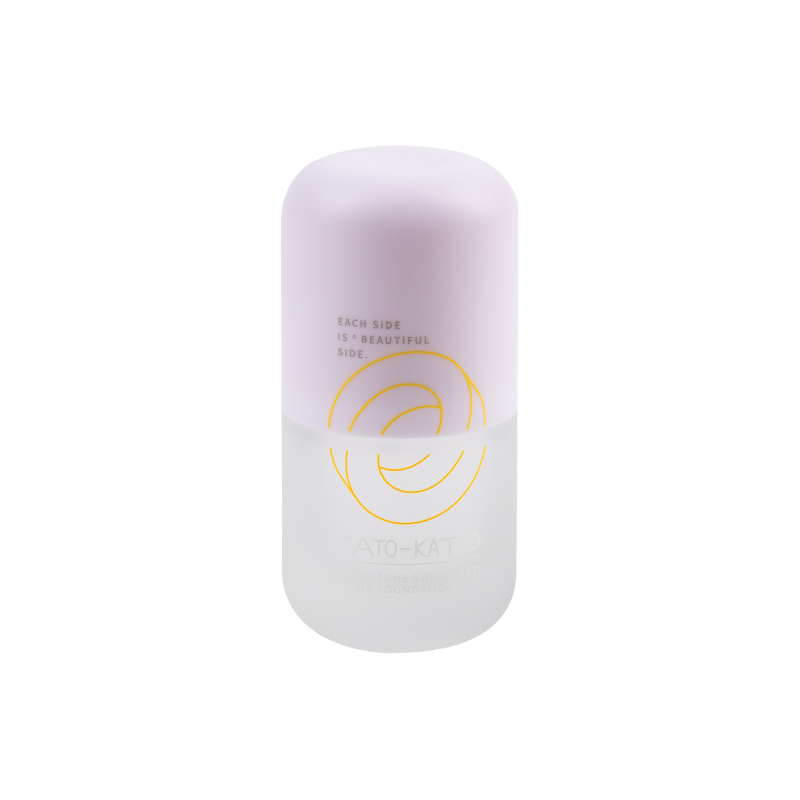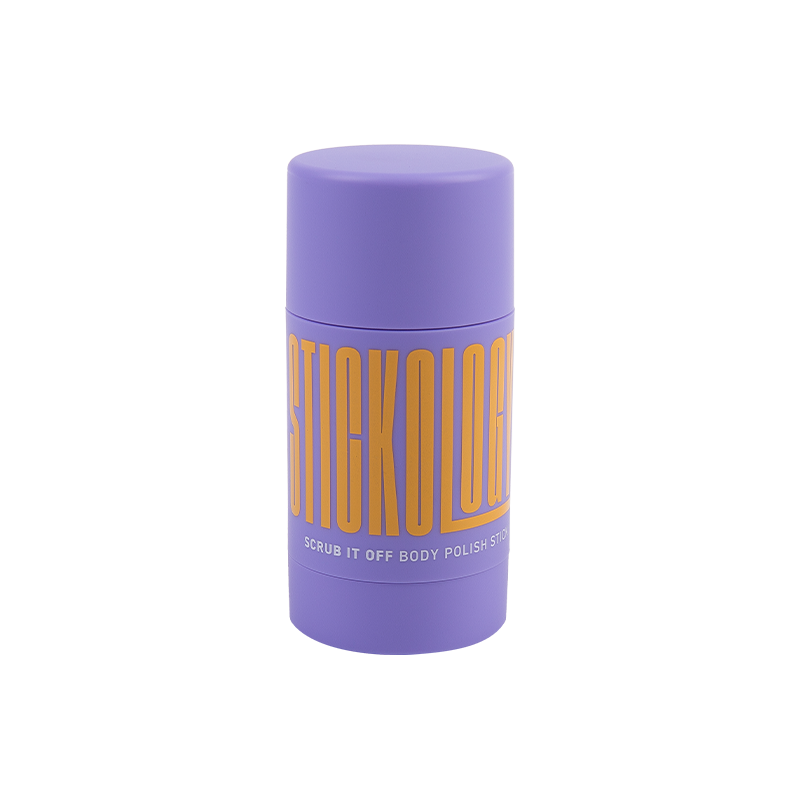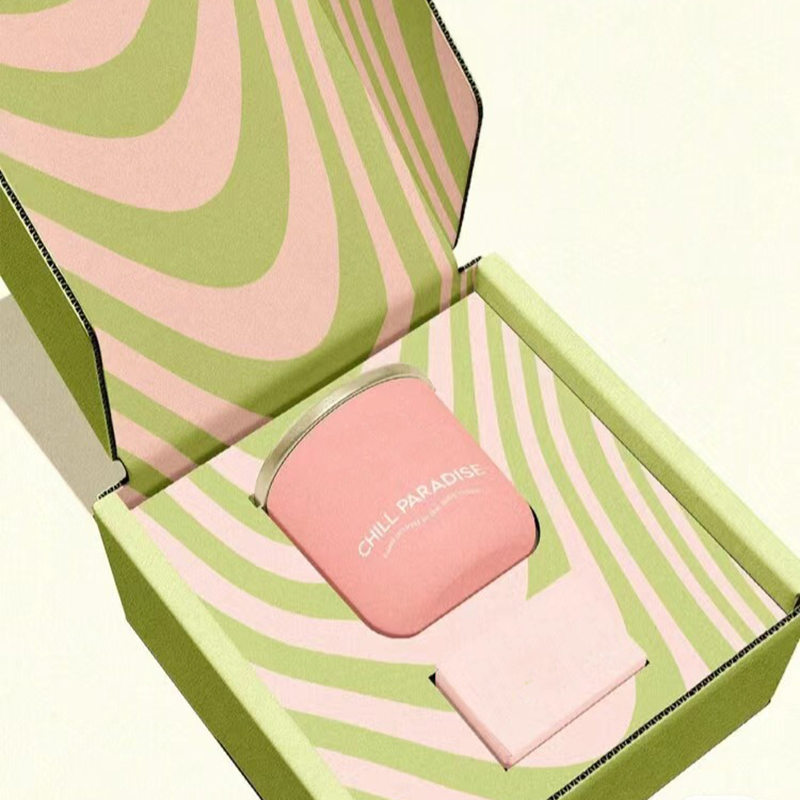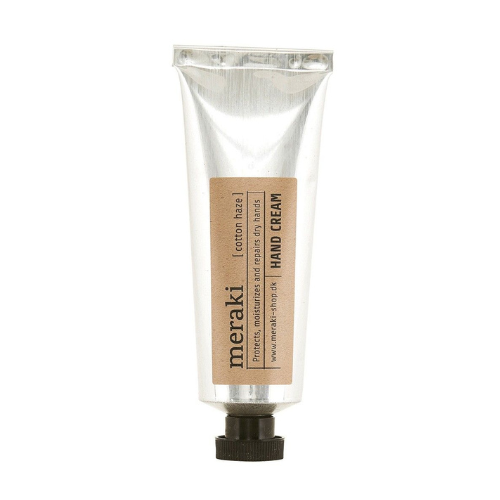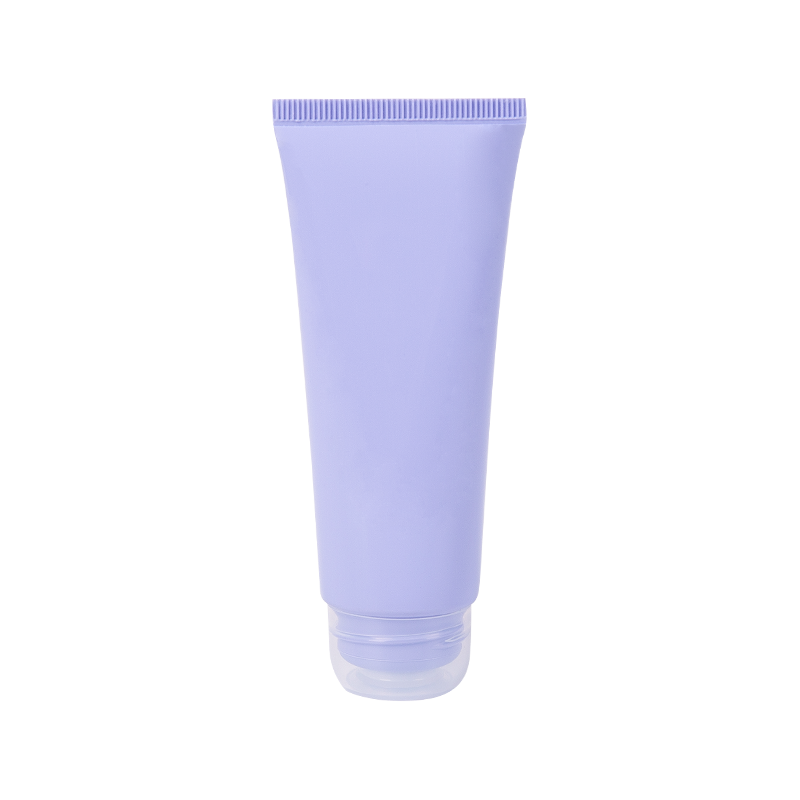Innovation in beauty packaging – the 84.9mm Black Lip Balm Lip Gloss Lipstick Capsule. Crafted with precision and elegance, this capsule is designed to elevate your lip care and cosmetic products to n...
In recent years, there has been increasing global concern about plastic pollution, and reducing plastic use has become a global initiative. Against this backdrop, more and more beauty companies are exploring other sustainable alternatives, and aluminum cans, as an environmentally friendly material, are gradually becoming the choice for cosmetic packaging containers.
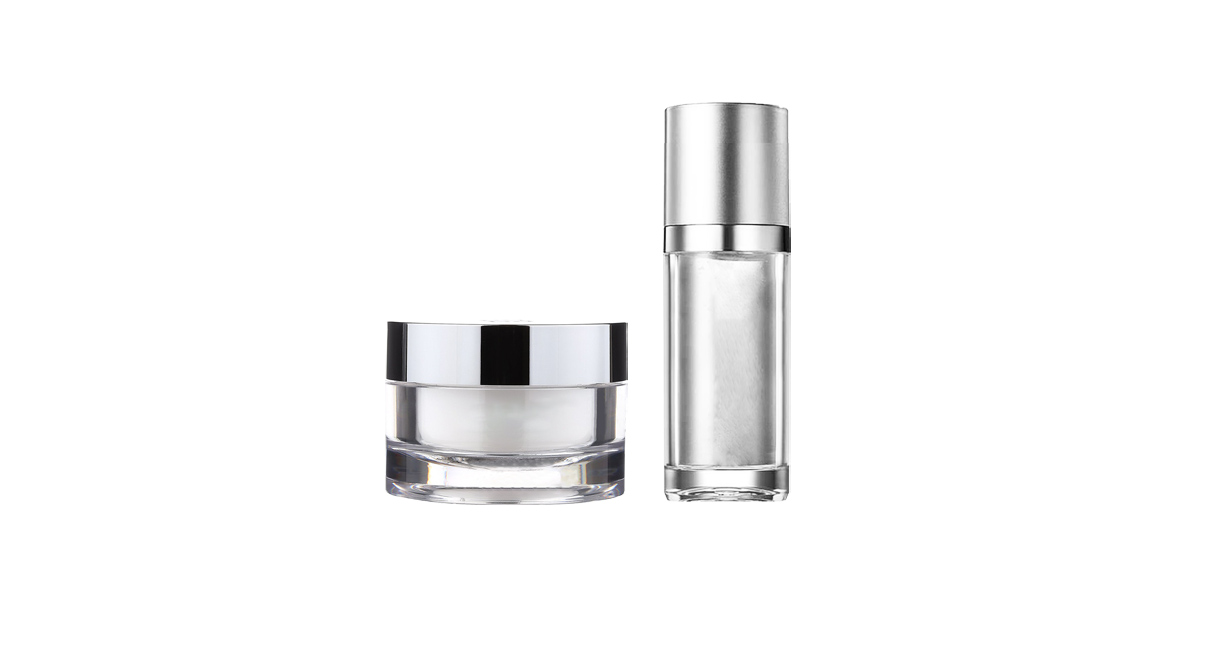
Aluminum cans are gradually becoming a viable alternative to plastic packaging containers due to their good recyclability, strong protective properties as well as a good sense of quality and visual appeal. However, while promoting aluminum cans for cosmetic packaging containers, there is a need to address the environmental impact of their production process and price challenges in order to achieve the goal of sustainable development.
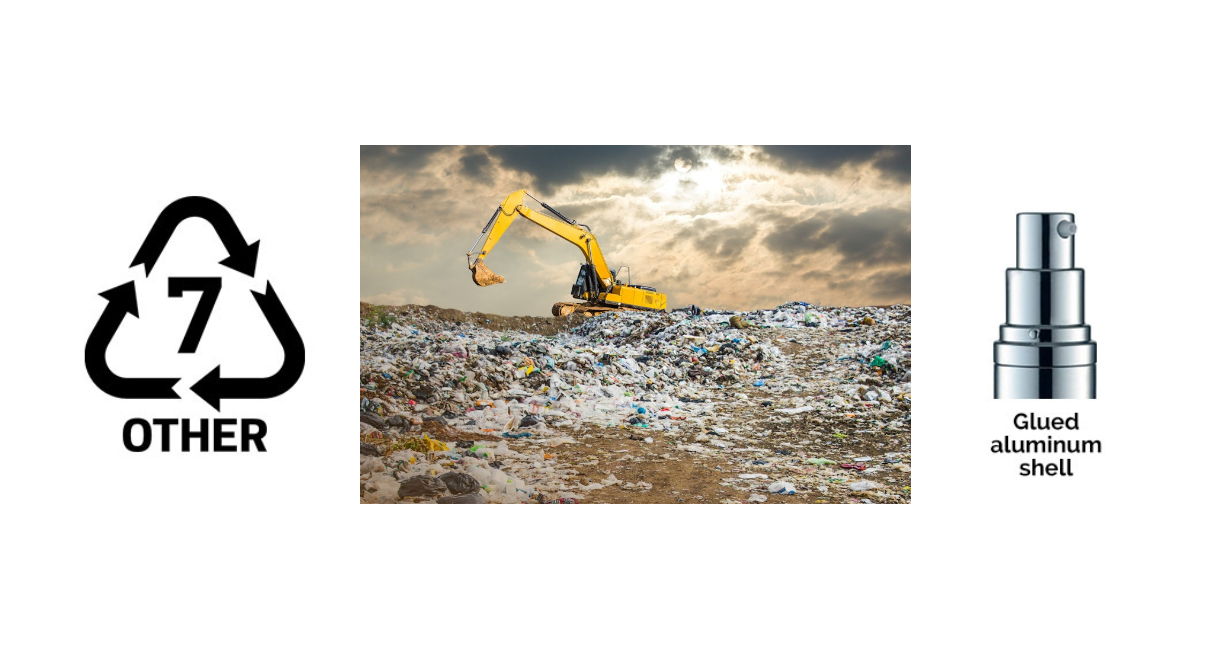
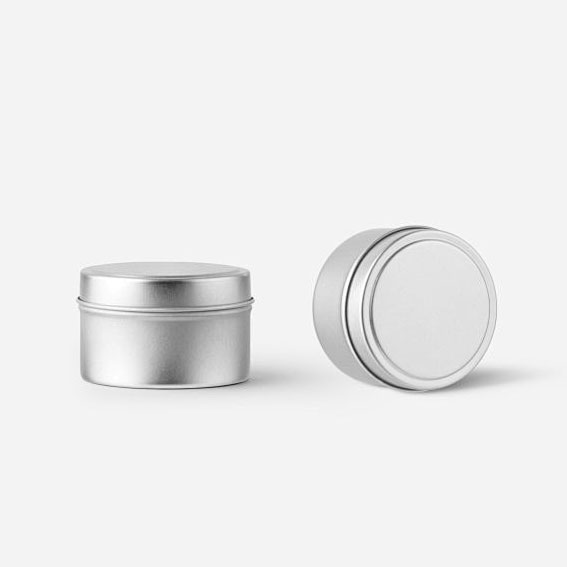
While aluminum packaging has many advantages as a sustainable alternative, these issues need to be addressed in its promotion and application to ensure that it becomes a viable option for sustainable packaging.
The production process of aluminum packaging has an environmental impact. Aluminum production requires large amounts of energy and water and generates emissions of greenhouse gases such as carbon dioxide.
Aluminum packaging is relatively heavy, which increases energy consumption and carbon emissions when transported.
There are technical and economic challenges in recycling aluminum packaging.
Another major obstacle is the insecurity of holding formulations when using aluminum packaging. Most skincare aluminum packaging and bottle products are plain grade and do not receive special treatment or design for the following reasons:
- - Lack of liner: Aluminum materials can chemically react with the ingredients in the product, which can cause ingredient deterioration or undesired chemical reactions. Lack of liner material effectively isolates the product from the aluminum, which can negatively impact product quality.
- - Poor protection: Aluminum is not as protective as other packaging materials such as glass or plastic. It may not be able to effectively protect against external factors such as oxygen, UV rays and humidity, which may affect the stability and quality of the product.
- - Lack of personalization: Most skincare aluminum packaging and bottle products do not offer personalization options to meet the specific needs and preferences of different consumers. This limits consumers' freedom in choosing the right product for them.
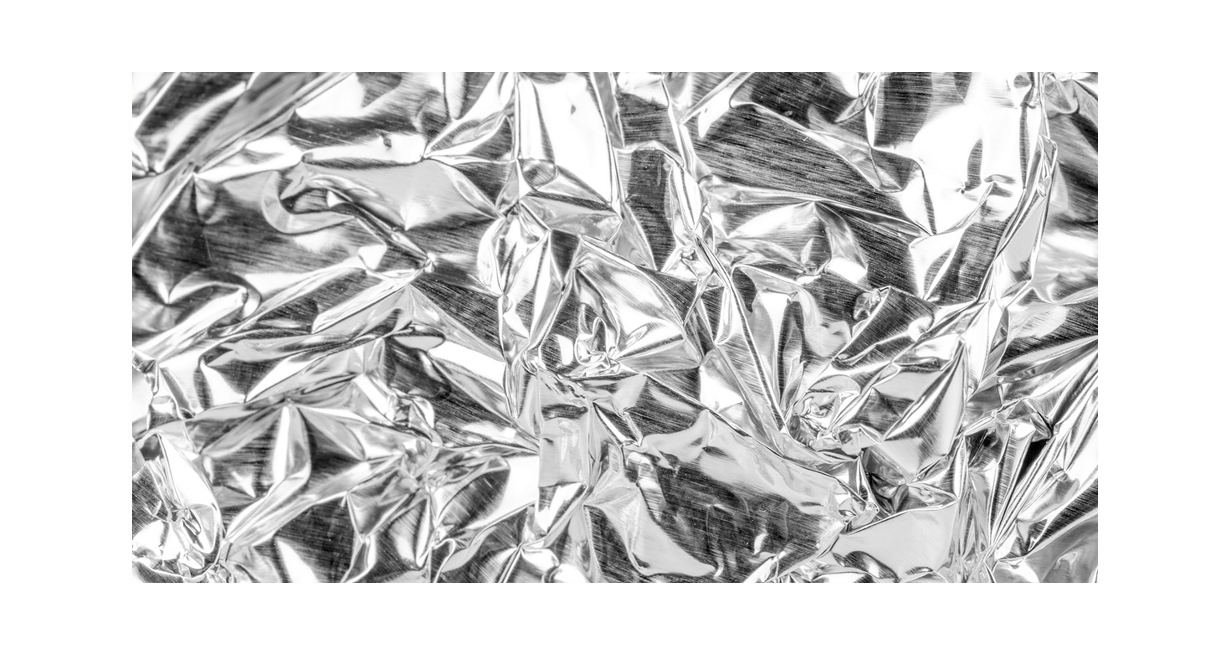
Aluminum alloys for cosmetic packaging are commonly available as 3003 and 8011. 3003 alloy contains manganese as its primary alloying element and is favored for cosmetic packaging because it combines moderate strength with great corrosion resistance and ductility. 3003 alloy's high formability makes it easy to mold into the various customized packaging forms required for different cosmetic products, while providing sufficient durability for protection. The barrier properties of 8011 aluminum alloy provide great resistance to gas, moisture and light penetration - maintaining the stability of cosmetic formulations. The combination of medium strength, formability and barrier properties of these two aluminum alloys makes them ideally suited to meet the diverse packaging needs of the cosmetics industry.
-
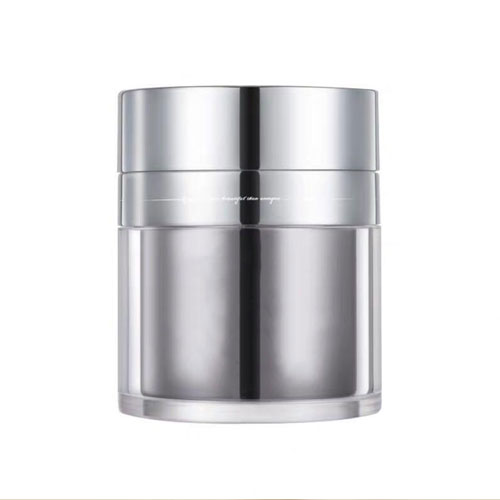
50% Plastic Reduction
-

50% Plastic Reduction
-

Disposable Glued Aluminum Shell
-

Refillable Aluminum Container
The packaging is designed without adhesive screws so that aluminum and plastic can be easily separated and sorted for recycling.
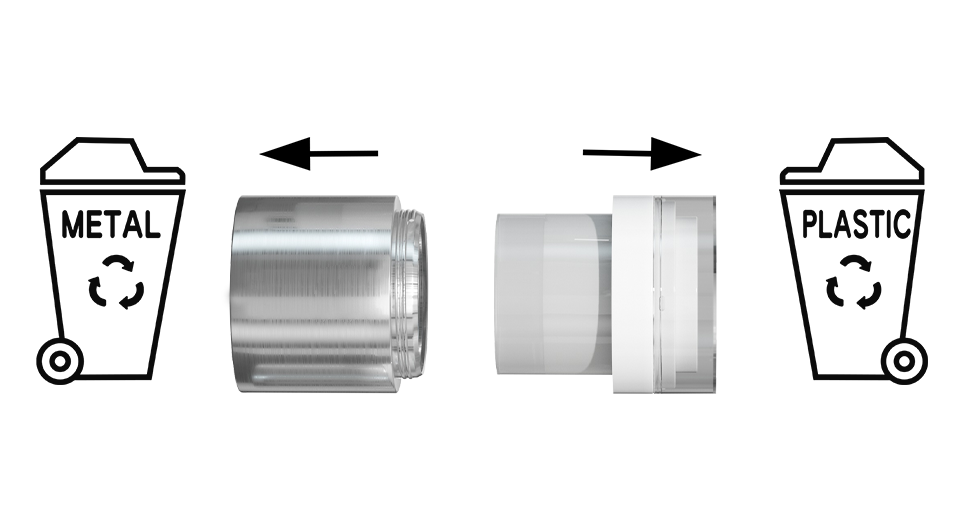
information to be updated



 中文简体
中文简体